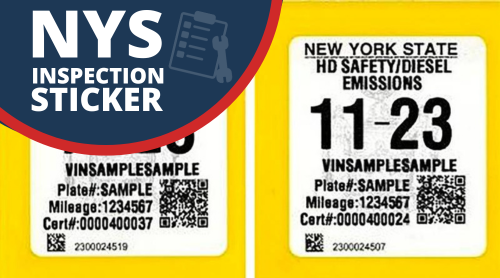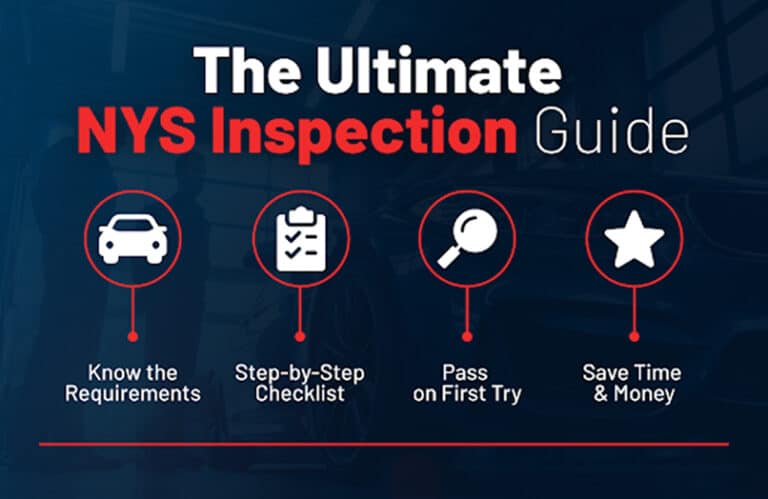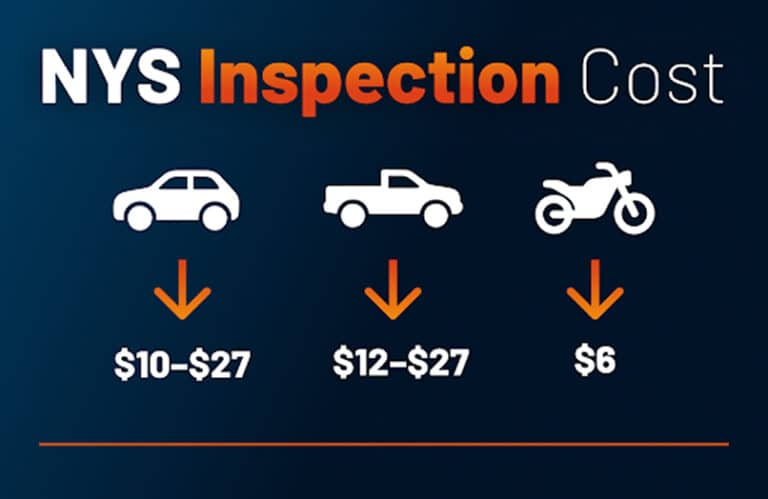Got some questions about hydraulic fluid?
Like many car owners, you may be confused about all things hydraulic. We are here to answer all your fluid questions.
What kind of hydraulic does a bucket truck use?
Bucket trucks use a pump with a specific kind of hydraulic fluid that meets certain criteria.
These criteria are collectively called the Mil 5606.
The ideal hydraulic for a bucket truck is one with a low viscosity that flows freely in the cold and maintains the bucket truck in hot conditions. The kind used previously in aircraft.
Is utility tractor fluid the same as hydraulic fluid?
They are two different substances. However, utility tractor fluid may be able to serve as a hydraulic fluid in several ways.
Can transmission fluid be used for hydraulic fluid?
We won’t be there to stop you from trying this but this is a bad idea. The different kinds of vehicle fluids have specific ways in which they are applied. Hydraulic fluid has the desired physical properties to serve its own purpose.
There may be an exception to this. Automatic transmission fluid has been used by some as an alternative to proper hydraulic fluid.
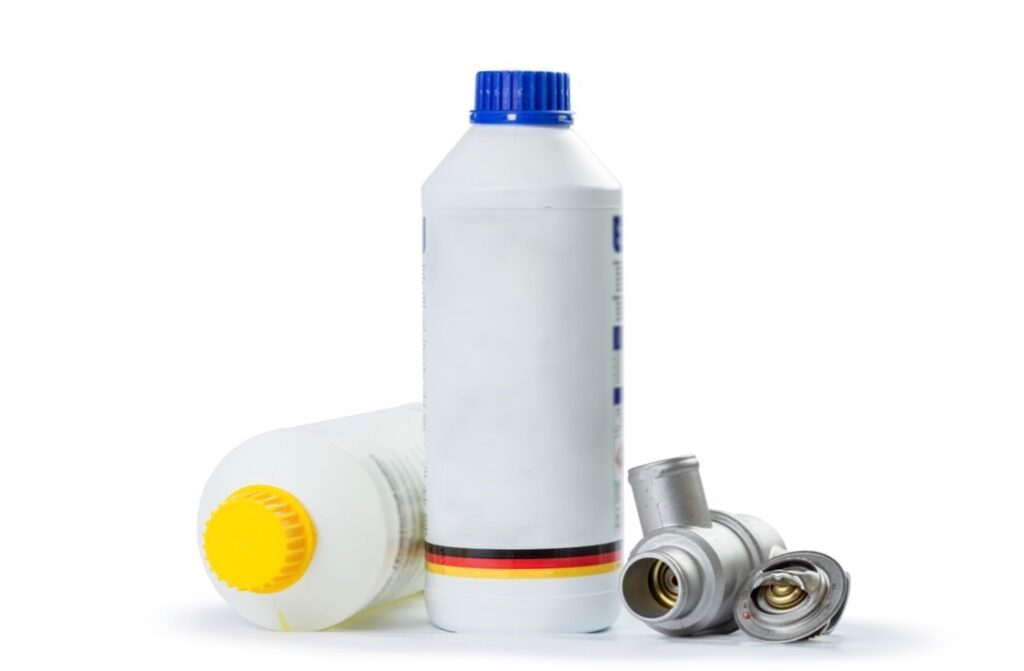
How much does a 5-gallon bucket of hydraulic fluid cost?
It really depends on the particular brand you’re getting. There is a wide range of prices.
A small 5-gallon bucket of hydraulic fluid would cost anything from $20 up to a whopping $570.
What's the Difference between hydraulic oil and fluid?
This can be confusing. To some, they mean the same thing. To others, they are not exactly interchangeable terms.
Oils are fluids too. However, in modern usage, ‘hydraulic fluid’ has a much wider application and a varying composition. Hydraulic fluids function at varying temperatures and pressures.
It is a lot likely than the pure hydraulic oils to catch fire.
Can you mix different types?
We would NOT recommend this practice. You shouldn’t attempt to mix hydraulic fluids with different physical and chemical properties.
If you hope to get the best of two or three, you may end up achieving the exact opposite.
This mixed fluid may greatly reduce performance, increase wear, and may even cancel out any hydraulic effect.
What weight is hydraulic fluid?
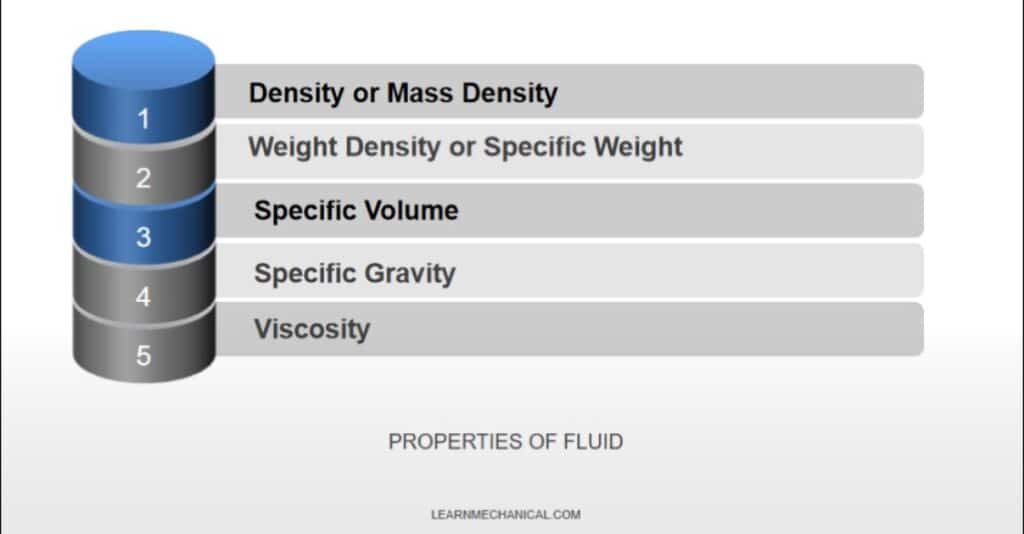
The ‘weight’ of a hydraulic fluid actually refers to the thickness/ how viscous it is. This is labeled the viscosity grade.
This is different from the specific weight of the hydraulic fluid. The higher the VG, the heavier your hydraulic fluid is.
Your hydraulic system may perform better with a lower viscosity fluid. Of course, this is dependent on the specific system in which it is used. The VG chosen should be the optimal level for that system.
What can be used in place of hydraulic fluid?
Wondering if there are alternatives to hydraulic fluid? It is best to use high-quality hydraulic fluid. However, if this is unavailable, you may use the following:
- Lightweight motor oil
- Machine oil
- Automatic Transmission Fluid
- Special biological oils
Bear in mind that these substitutes do not have the properties of proper hydraulic fluid and may cause problems. You may be faced with more friction and other issues.
What happens when air gets into a hydraulic system?
You can relate to how annoying water can be when mixed in cooking oil. You may also relate to how fussy gassy babies can get.
This is kind of the same thing. Air contamination is a problem in hydraulic systems and can greatly reduce performance and raise safety issues.
It may cause hydraulic fluid to foam and lead to an undesirable process called cavitation. Cavitation causes the air bubbles to collapse forming cavities. The entire process can cause quite some damage.
Ultimately, the air in the system effectively lowers its performance. If you notice air in the system, it should be removed with a specialized device.
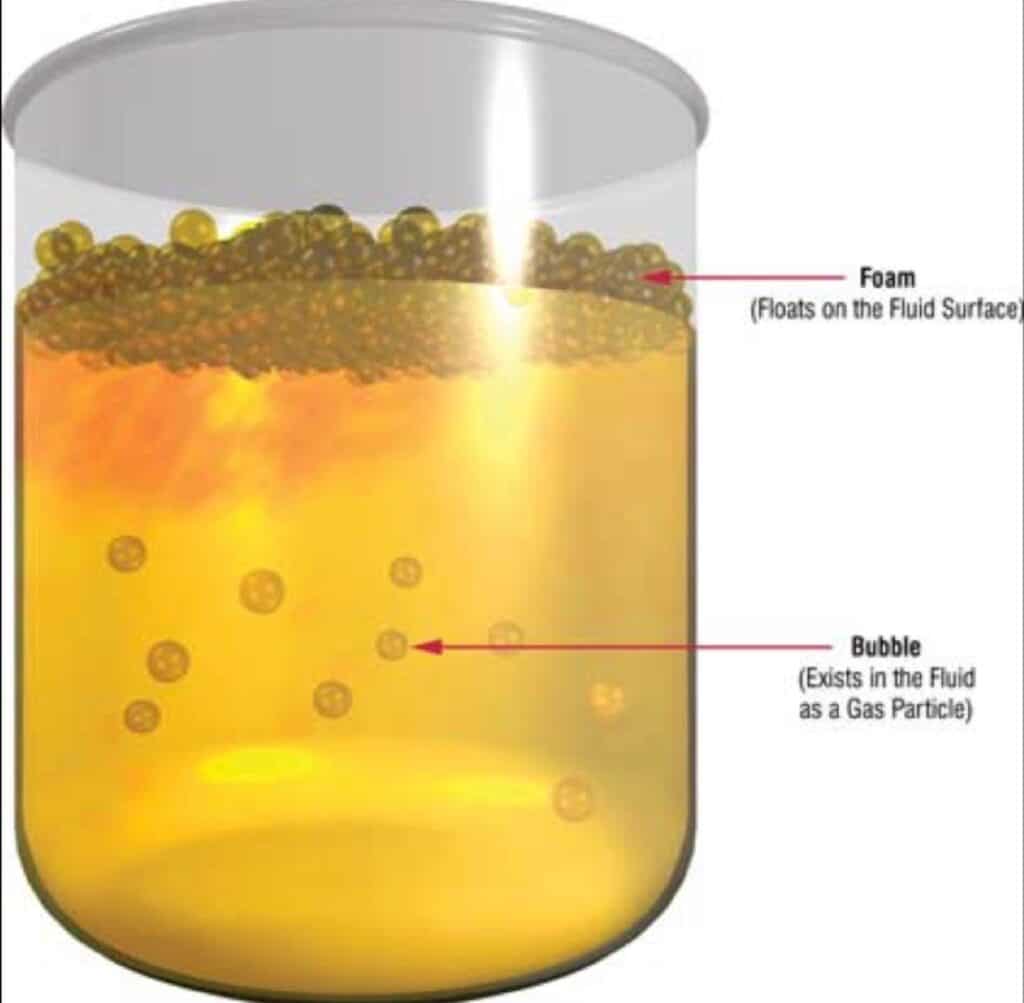
Why is the hydraulic fluid used instead of water?
You may have wondered. A little flashback to Science Class.
It is important to make a distinction at this point between water and water-based hydraulic fluids. The latter contains water and other substances in a bid to boost its performance.
Fluids used in a hydraulic system have low compressibility. If it were based on this alone, water would qualify. However, water as a single substance does very poorly on the other aspects of the test. Water will boil over, cause rust, or even allow biological growth.
Petroleum-based hydraulic fluids are more popular these days than water-based ones. They have better transmission, great lubrication ability, and the right amount of viscosity. They lead to a lot less wear and tear.
Water-based lubricants are well-suited for systems in which fire-resistance is a top criterion
What are the three types of hydraulic fluid?
The three types of hydraulic fluids are petroleum-based, water-based, and synthetic hydraulic fluids.
Petroleum-based hydraulic fluids are the most commonly used type. These are derivatives of crude oil. This is especially efficient in a controlled environment.
Water may be combined with other substances to form water-based hydraulic fluids. This has the advantage of being resistant to fires.
The third type of hydraulic fluid also has fire- resistance but contains no water. This is called the synthetic hydraulic fluid and is made up of certain chemical compounds.
If you care to know more about your car, you might also be interested in our guide about all things transmission…





